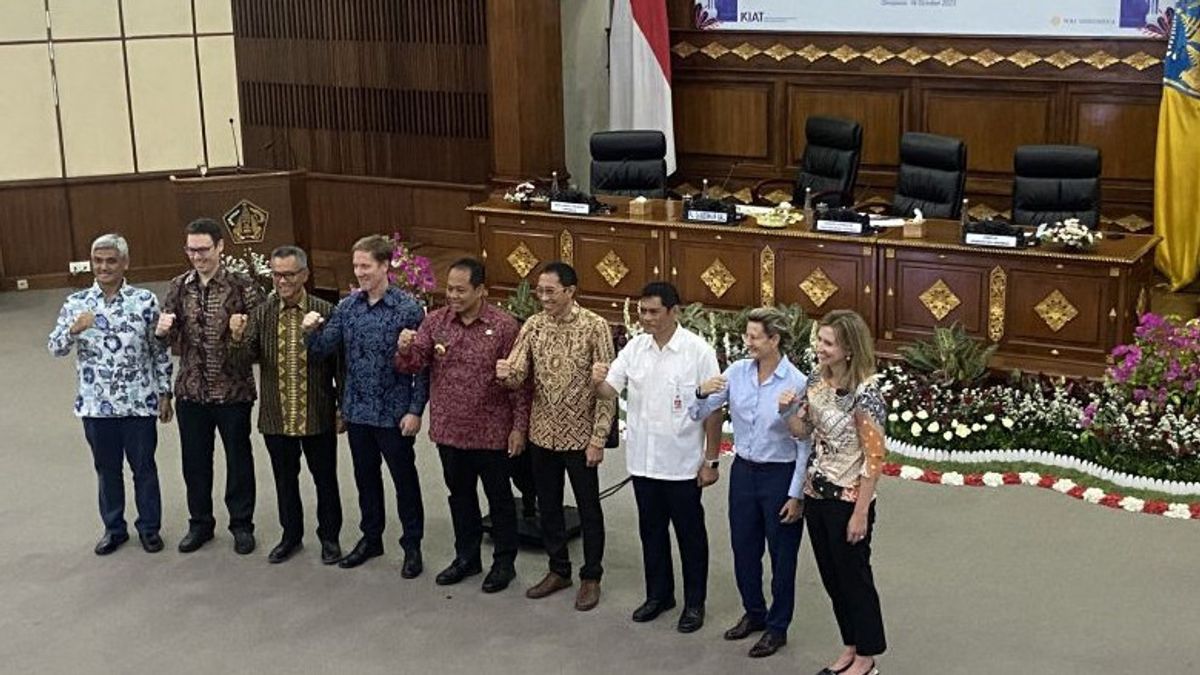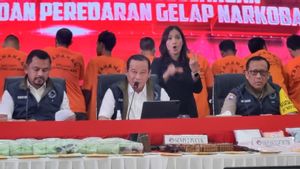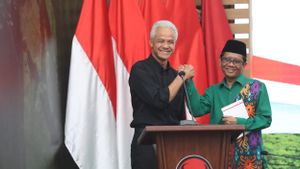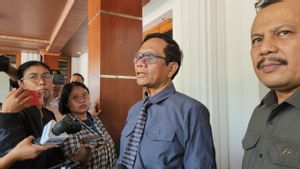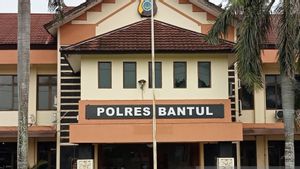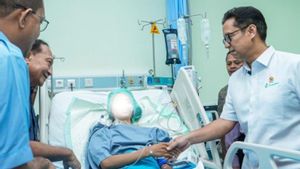DENPASAR - The Provincial Government (Pemprov) of Bali has started working on a project to develop fast electric bus transportation throughout Denpasar, Badung, Gianyar, Tabanan or electric fast transit (e-BRT Sarbagita) which was marked by the signing of cooperation by the Acting Governor of Bali, Millennium Cherished Account Indonesia II (MCA-I II), and KIT Indonesian-Australia Partnership.
Acting Governor of Bali Sang Made Mahendra Jaya said that this electric bus transportation is one solution to overcome congestion on the Island of the Gods, especially based on the projection of Angkasa Pura I in 2024 the number of passengers moving at I Gusti Ngurah Rai Airport reached more than 24 million people.
"Later 2026 there will be more than 29.3 million passengers, in this condition there will be stagnant congestion. If it is not handled immediately with the transition from private transportation to public transportation, this will disrupt the journey of tourists and the people of Bali," he said, Wednesday, October 18.
"Departing from these problems, especially South Bali, is driven by the use of electric vehicles in supporting reducing carbon emissions through the use of clean energy with the help of the central government and assistance from friendly countries, one of which is for this plan," he continued.
With this, the development of electricity-based public transportation can start from the feasibility study process, where the Bali Provincial Government admits that it is ready to support the formation of its ecosystem, such as bus stops, charging stations, to access for pedestrians.
"To support this activity, the Bali Provincial Government has appointed a team consisting of various parties with the chairman, the Head of Bappeda, we have prepared a secretariat office and provided the support needed for its smooth running," said Sang Made, quoted by ANTARA.
He hopes that the electric bus transportation that will operate in the Sarbagita area can be an example of an environmentally friendly public transportation service that triggers the shift of private vehicles to public transportation for the public and tourists.
This decision can also accelerate the plan for the action of battery-based electric motorized vehicles in Bali, which targets net zero emissions in 2045.
SEE ALSO:
Meanwhile, regarding the flow of development of this transportation infrastructure project, the Executive Director of the Millennium Challenge Account Indonesia II (MCA-I II) Maurin Sitorus explained the stages.
"The feasibility study will be held for about 1 year, but if possible it will be better faster. And to make this study better, it will collaborate with the Australian partnership, working under the direction of Bappenas," he said.
Furthermore, when the results of the feasibility study of all components meet the requirements for the development of electric buses, then MCA-I II is willing to finance.
Maurin continued, when this process ended March-June 2024, the team only had 5 years so that by 2029 it was targeted that electric bus transportation would be ready to operate.
The English, Chinese, Japanese, Arabic, and French versions are automatically generated by the AI. So there may still be inaccuracies in translating, please always see Indonesian as our main language. (system supported by DigitalSiber.id)
